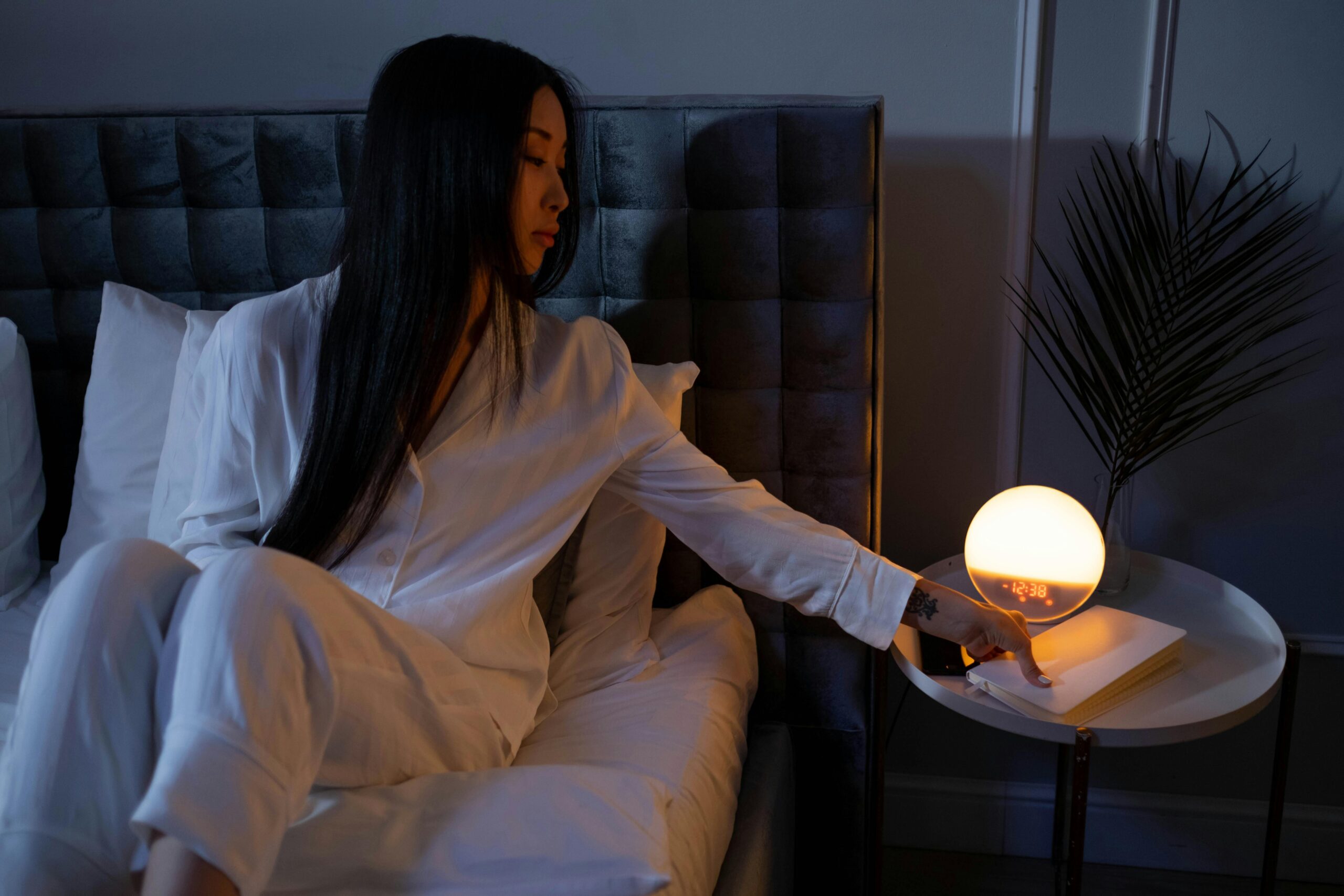Sleep is not just a time of rest — it is a powerful biological process that plays a vital role in your physical, emotional, and mental health. Despite its importance, millions of people suffer from poor sleep, leading to fatigue, weakened immunity, mood swings, and long-term health issues.
In this article, we’ll explore the science behind sleep, its stages, how it affects your body, and evidence-based tips to improve your sleep quality.
🧠 What Happens When You Sleep?
When you sleep, your body goes into recovery and maintenance mode. Here are some key functions that take place:
- Cellular repair: Damaged cells regenerate and grow.
- Hormone regulation: Hormones that control appetite, stress, and growth are balanced.
- Memory consolidation: The brain processes and stores information learned during the day.
- Immune support: The immune system becomes more active in fighting off illness.
- Energy conservation: The body reduces energy consumption and restores energy levels.
⏱️ The 4 Stages of Sleep
Each night, your body cycles through different stages of sleep, divided into REM (Rapid Eye Movement) and Non-REM sleep.
1. Stage 1 – Light Sleep (N1)
- Lasts a few minutes.
- Muscle activity slows down.
- You can wake easily.
2. Stage 2 – Deeper Light Sleep (N2)
- Body temperature drops.
- Heart rate slows.
- This stage makes up about 50% of total sleep.
3. Stage 3 – Deep Sleep (N3)
- Difficult to wake up.
- Body heals and grows.
- Important for physical recovery.
4. Stage 4 – REM Sleep
- Brain activity increases (dreaming stage).
- Essential for learning, memory, and emotional processing.
- Occurs 90 minutes after sleep begins and repeats in cycles.
⏳ How Much Sleep Do You Need?
| Age Group | Recommended Sleep |
|---|---|
| Newborns (0–3 mo) | 14–17 hours |
| Infants (4–11 mo) | 12–15 hours |
| Children (6–13 y) | 9–11 hours |
| Teenagers (14–17) | 8–10 hours |
| Adults (18–64) | 7–9 hours |
| Seniors (65+) | 7–8 hours |
Not getting enough sleep consistently can lead to sleep debt, which harms your mental and physical performance.
😴 Why Is Sleep So Important?
1. Boosts Brain Function
Sleep improves:
- Attention
- Problem-solving
- Learning
- Creativity
- Emotional regulation
Without sleep, your brain struggles to focus, and memory becomes foggy.
2. Strengthens Immune System
During sleep, the immune system releases cytokines, proteins that help the body fight infections and inflammation.
Chronic sleep deprivation weakens your defense system, making you more prone to illness.
3. Supports Heart Health
Lack of sleep increases the risk of:
- High blood pressure
- Heart attacks
- Stroke
Quality sleep helps regulate stress hormones and reduces inflammation in blood vessels.
4. Regulates Weight and Appetite
Sleep affects two hunger hormones:
- Ghrelin (increases hunger)
- Leptin (makes you feel full)
When you’re sleep-deprived, ghrelin increases and leptin decreases — causing you to overeat, especially high-calorie foods.
5. Improves Mood and Mental Health
People who sleep less than 6 hours a night are at a higher risk of:
- Depression
- Anxiety
- Mood swings
- Irritability
REM sleep, in particular, plays a key role in processing emotions and trauma.
🚨 Effects of Sleep Deprivation
Chronic poor sleep can lead to:
- Impaired judgment
- Weakened immunity
- High blood pressure
- Weight gain
- Increased risk of diabetes
- Poor mental health
- Increased accidents or injuries
Even missing a few hours of sleep regularly can build up into a significant health risk over time.
🛏️ Tips to Improve Sleep Naturally
Here are science-backed ways to enhance your sleep quality:
✅ 1. Stick to a Sleep Schedule
Go to bed and wake up at the same time every day — even on weekends.
✅ 2. Create a Sleep-Friendly Environment
- Keep your room dark, quiet, and cool (16–20°C)
- Use blackout curtains or an eye mask
- Remove distractions like phones or TVs
✅ 3. Avoid Stimulants Before Bed
- No caffeine, alcohol, or nicotine at least 4 hours before bedtime.
- Don’t eat heavy meals late at night.
✅ 4. Limit Screen Time
Blue light from phones or TVs suppresses melatonin — the hormone that makes you sleepy.
✅ 5. Get Sunlight in the Morning
Natural light helps reset your internal clock and supports melatonin production later.
✅ 6. Exercise Regularly
Physical activity promotes better sleep — but avoid intense workouts close to bedtime.
🌿 Natural Sleep Aids (Use with Caution)
- Melatonin supplements
- Chamomile tea
- Lavender oil
- Magnesium-rich foods (bananas, almonds, spinach)
Always consult a doctor before taking any sleep supplements.
🔍 Final Thoughts
Sleep is not a luxury, but a biological necessity. It fuels your mind, protects your body, and allows you to live life to the fullest. Whether you’re trying to boost focus, lose weight, or avoid chronic illness — improving your sleep is a great first step.
Make sleep a priority, not an afterthought. Your health depends on it.



